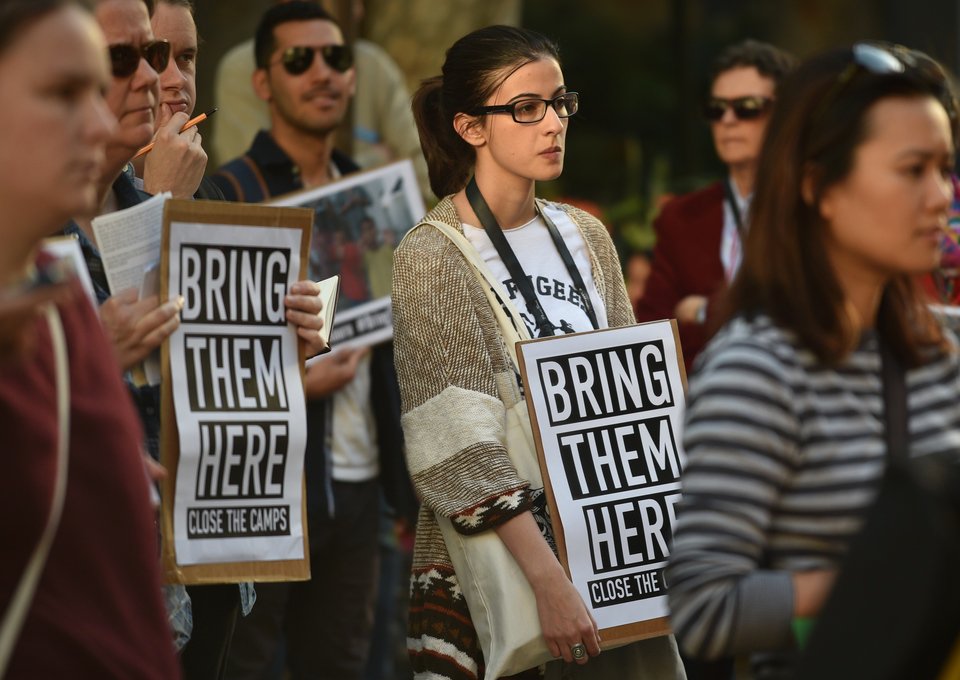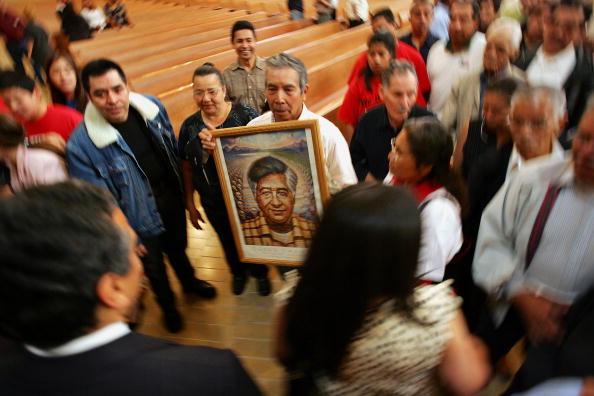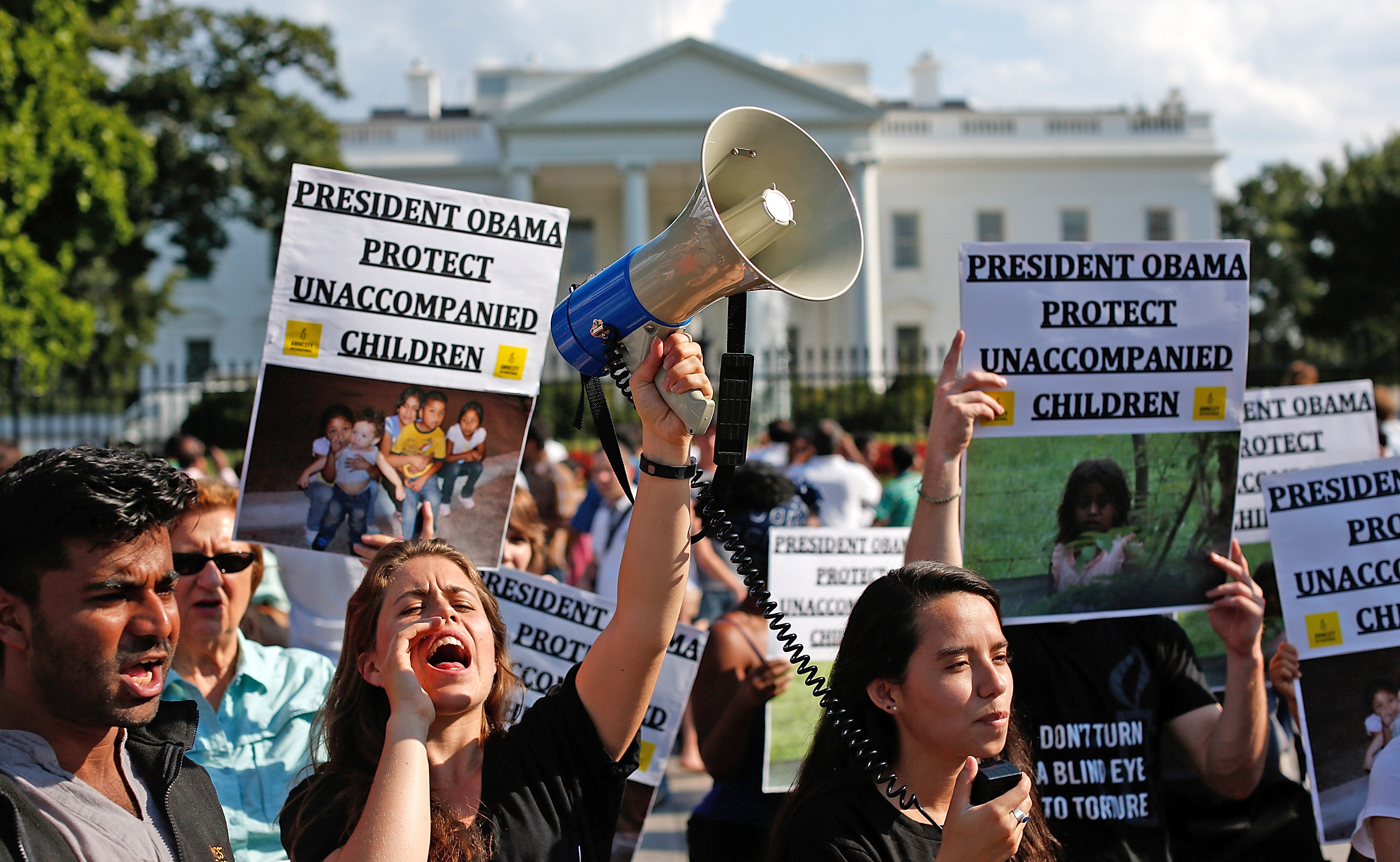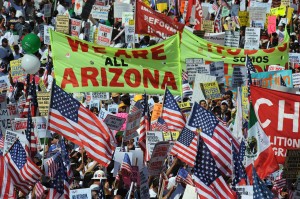
© Getty Images
Guest post by Erica Schommer, border immigration attorney
This May, in a police stop gone wrong, Benjamin Roldan Salinas and a companion were detained by the U.S. Forest Service for picking salal (a plant used in floral arrangements), without a license.
Because Salinas did not speak English, the Forest Service called in Customs and Border Patrol (CBP) to translate. Events escalated rapidly when Salinas, in fear of being apprehended by immigration agents, ran from the agents to a nearby river.
After days of searching, Salinas’ body was found near the river on June 4. His companion remained with agents, but was subsequently arrested by the CBP for a suspected immigration violation and placed in removal proceedings.
Salinas’ fear was due to a phenomenon in which the CBP is called on by outside law enforcement agencies under the guise of translator. Once on the scene, however, the CBP does not limit itself to translating and will question a person about potential immigration violations if it suspects the person of an infraction. SEE THE REST OF THIS POST









